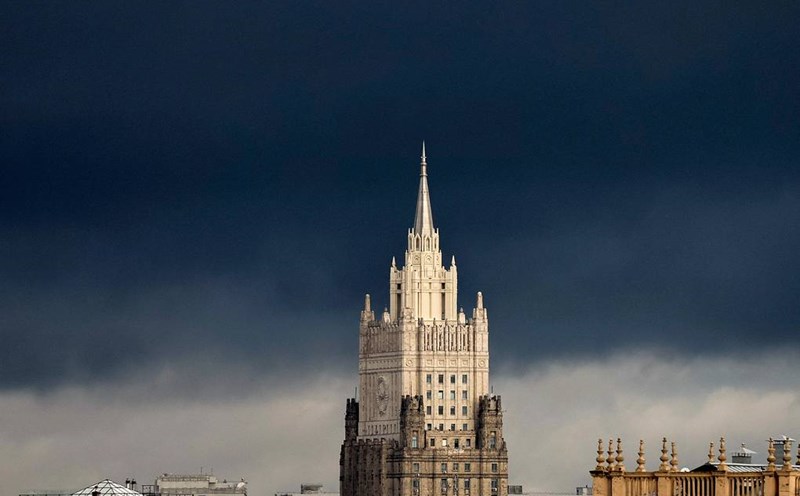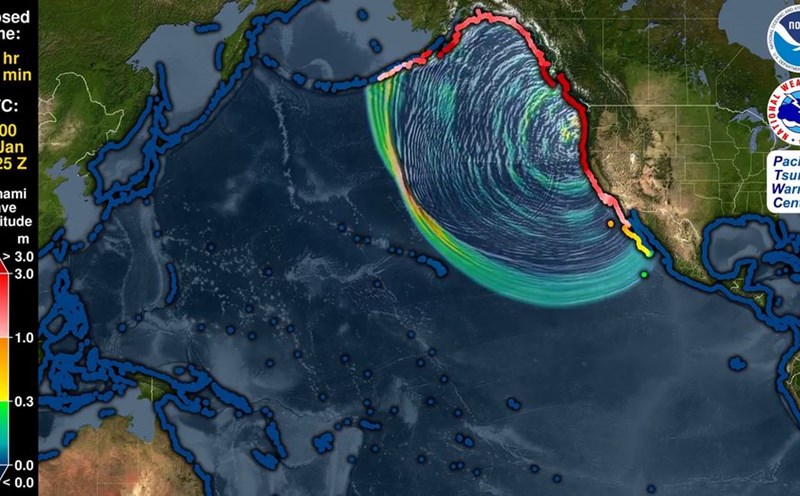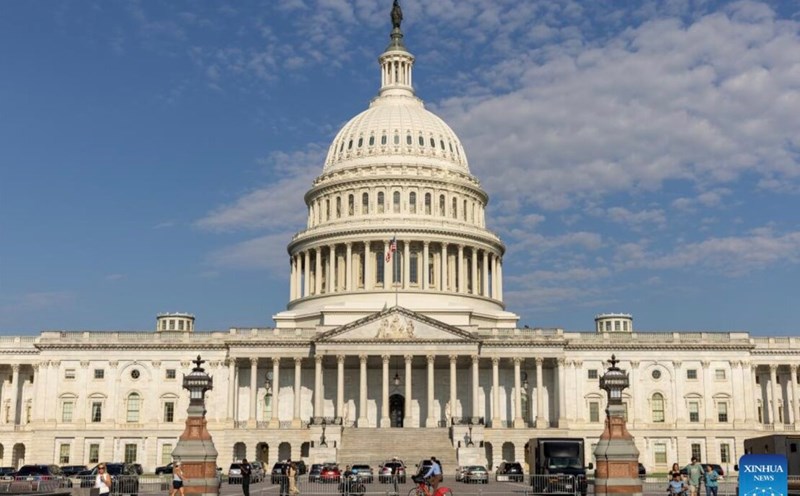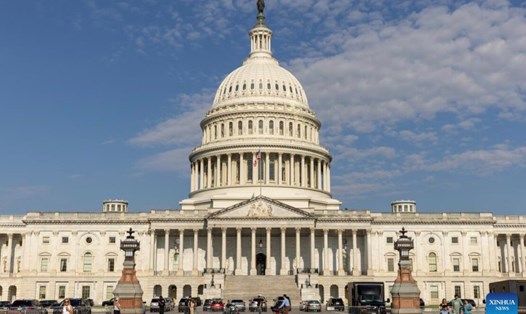The US's official suspension of the production of a 1 cent penny has caused stores, supermarket chains and restaurants across the country to fall into a penny shortage, forcing them to change the way they trade cash and facing the risk of falling in profits.
President Donald Trump's decision to end the 1 cent casting has left businesses unable to cope as the amount of coins in circulation is gradually depleted. Many retailers expressed disappointment at the lack of guidance from the government and the National Assembly, forcing them to round down prices to avoid violating regulations in some states, thereby suffering significant losses in large transactions.
The National Retail Federation (NRF) said that the scarcity of coins affects both urban and rural areas, not according to clear rules. NRF representative, Mr. Dylan Jeon, said that all cash payment stores are being affected, from Walmart, Target, Macy's to Old Navy.
Some retail chains have quickly notified customers. Sheetz convenience store in Pennsylvania posted a notice that because the US Department of Mining stopped producing coins, they encouraged customers to use non-cash payment methods, round transactions to donate to charity funds or exchange coins for free drinks.
In Wisconsin, Kwik Trip has announced a round-trip of up to 5 cents for all cash transactions, while a store in Dallas has posted a warning sign about a lack of coins.
Kroger, a large supermarket chain with more than 2,700 stores, said it is assessing the impact of stopping the production of coins, while calling on customers to prepare retail coins accurately when paying. Several other stores, such as the CVS in Virginia, have also posted similar notices.
Some countries such as Canada, Australia, Ireland and New Zealand have eliminated low-value currencies, applying a mechanism of rounding up to 5 cents in cash transactions, helping to save on casting costs and reduce pressure on cash handling for businesses. However, in the US, many states such as California, New York and Illinois still have regulations requiring the correct refund of excess money, making it difficult for retailers to apply the rounding rule.
While President Trump has ordered a halt to production, Congress still has the authority to decide on a complete end to the mint. NRF is mobilizing a corridor to have unified guidance on how to round it up, avoid law violations and protect consumer rights.











